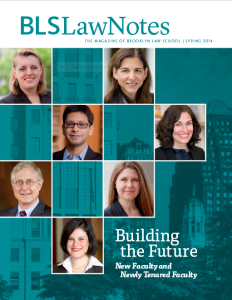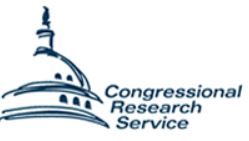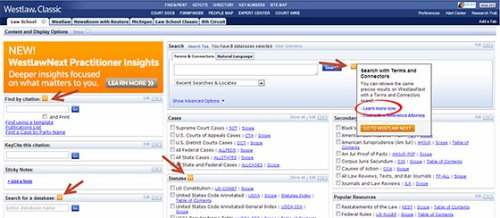 As the eyes of the world turn to Brazil on Thursday, each nation will cheer on its team in pursuit of the FIFA World Cup. If you are curious about the law and rules governing FIFA or international sports and sporting events, the library has several resources to help satisfy your curiosity. Listed below are a few recent sources.
As the eyes of the world turn to Brazil on Thursday, each nation will cheer on its team in pursuit of the FIFA World Cup. If you are curious about the law and rules governing FIFA or international sports and sporting events, the library has several resources to help satisfy your curiosity. Listed below are a few recent sources.
- Priyanka Motaparthy & David Seagall, Human Rights Watch, Building a Better World Cup: Protecting Migrant Workers in Qatar Ahead of FIFA 2022 (2012)
- Chapters include the winning bid: World Cup 2022, the World Cup and worker’s rights, and abuse of migrant workers.
- James A.R. Nazfiger, International Sports Law (2d ed. 2004)
- Chapters include institutional framework for international sports law, international legal regulation of politics in sports, resolution of disputes during competition, and history of organized international sports competition.
- Katrien Lefever, New Media & Sport: International Legal Aspects (2012)
- Chapters include Article 10 on the European Convention on human rights and the public’s right to information regarding sporting events, specificity of sport: the important role of sport in society, and the public in its role as citizen and consumer.
- Letizia Paolia & Alessandro Donati, The Sports Doping Market: Understanding Supply and Demand, and the Challenges of their Control (2013)
- Chapters include the role of sports body and organized crime, revenues and profits, and distribution chains and market relationships.



